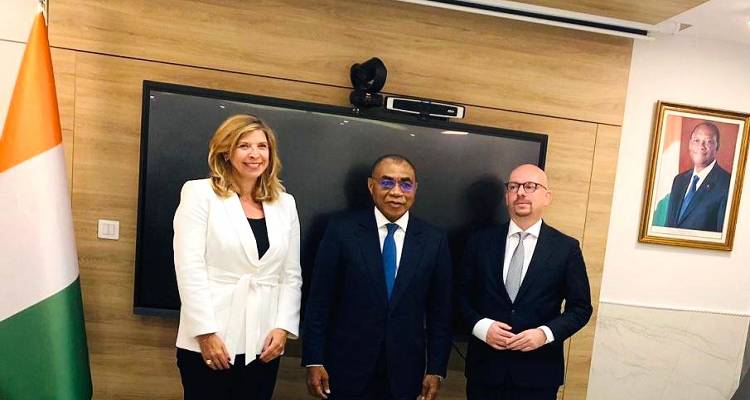Islamic banking assets are set to increase 10 per cent over the next five years in total African banking assets, according to Moodys
Sudan and Djibouti so far exhibit meaningful levels of Islamic banking assets as a proportion of total banking assets, at 100 per cent and 20 per cent respectively.
There are more than 80 Islamic financial institutions in Africa, many of which have been licensed in the last five years. The greatest numbers are in northern Africa, especially Sudan. Nigeria, Senegal and Kenya have implemented banking, legal and regulatory frameworks to spur growth in their Islamic banking sectors.
Nigeria's only Islamic bank, Jaiz Bank, has grown its assets by 519 per cent over the last five years, expanding its branch network from just three branches in 2013 to 33 and serving 230,000 customers across the country.
According to Moody’s, Africa's large Muslim population, which is predominantly unbanked or underserved, are expected to provide a solid foundation in which Islamic banking assets can grow rapidly.
In addition to Islamic financial institutions, a number of well-established conventional banks across Africa have set up Islamic departments in which they provide Shari'ah-compliant products. These include Absa Bank of South Africa, Ecobank Chad and Sterling Bank Plc of Nigeria.
In 2019, Sterling has flagged its Islamic finance division as both a source of strategic differentiation and asset growth for the company. Sterling’s non-interest division serves around 50,000 customers in more than 200 branches and has a balance sheet of around US$100mn as of yearend 2017.





































